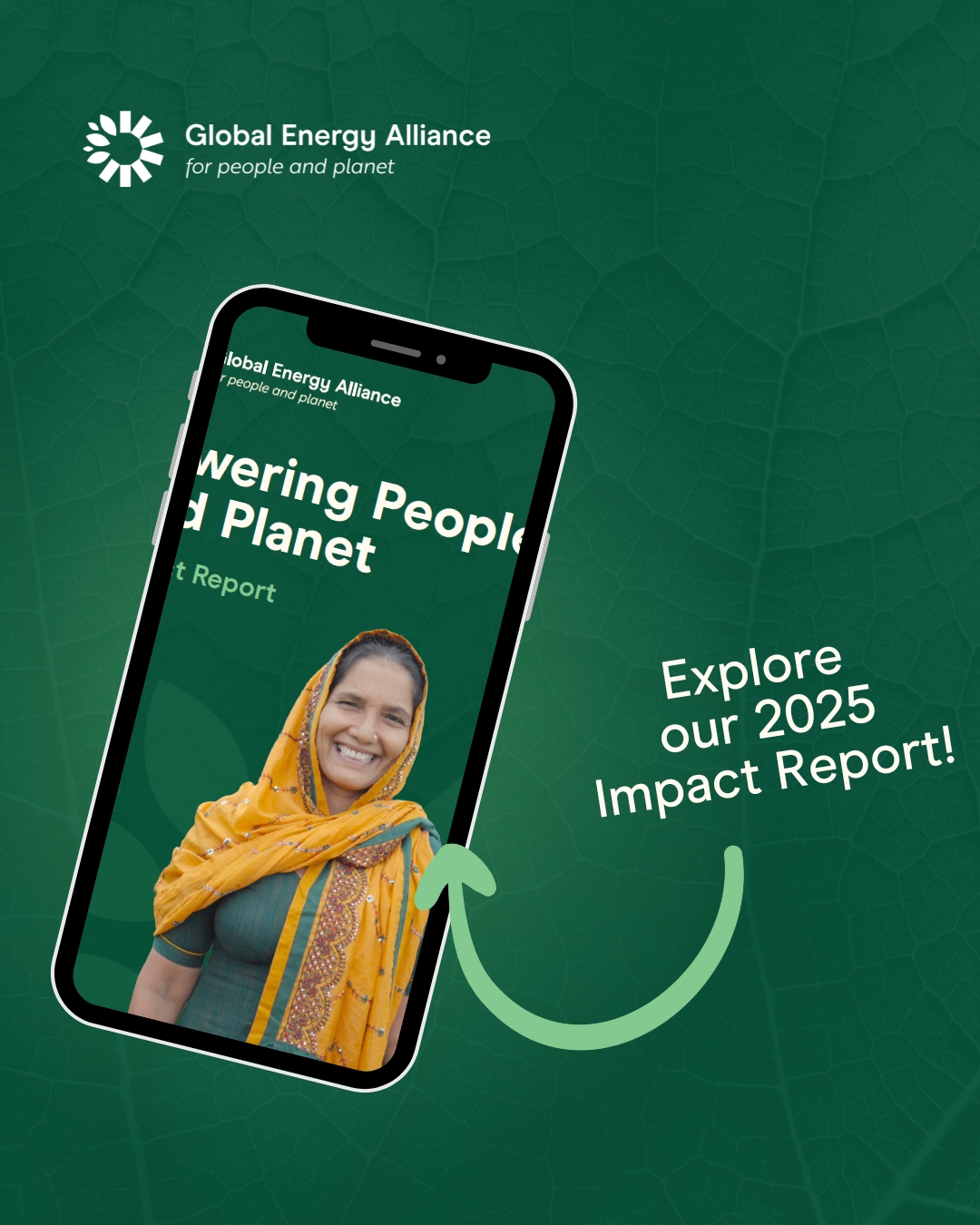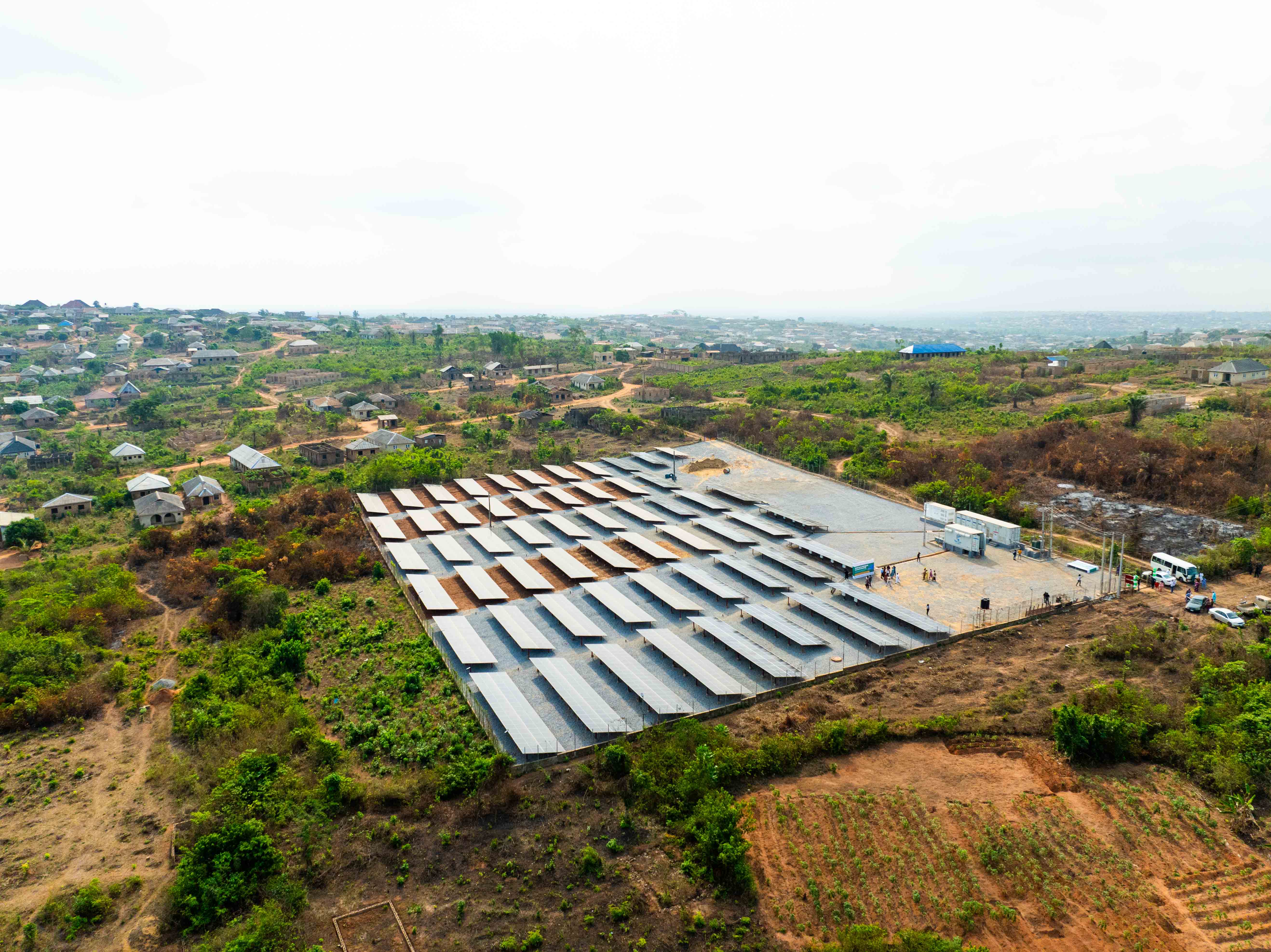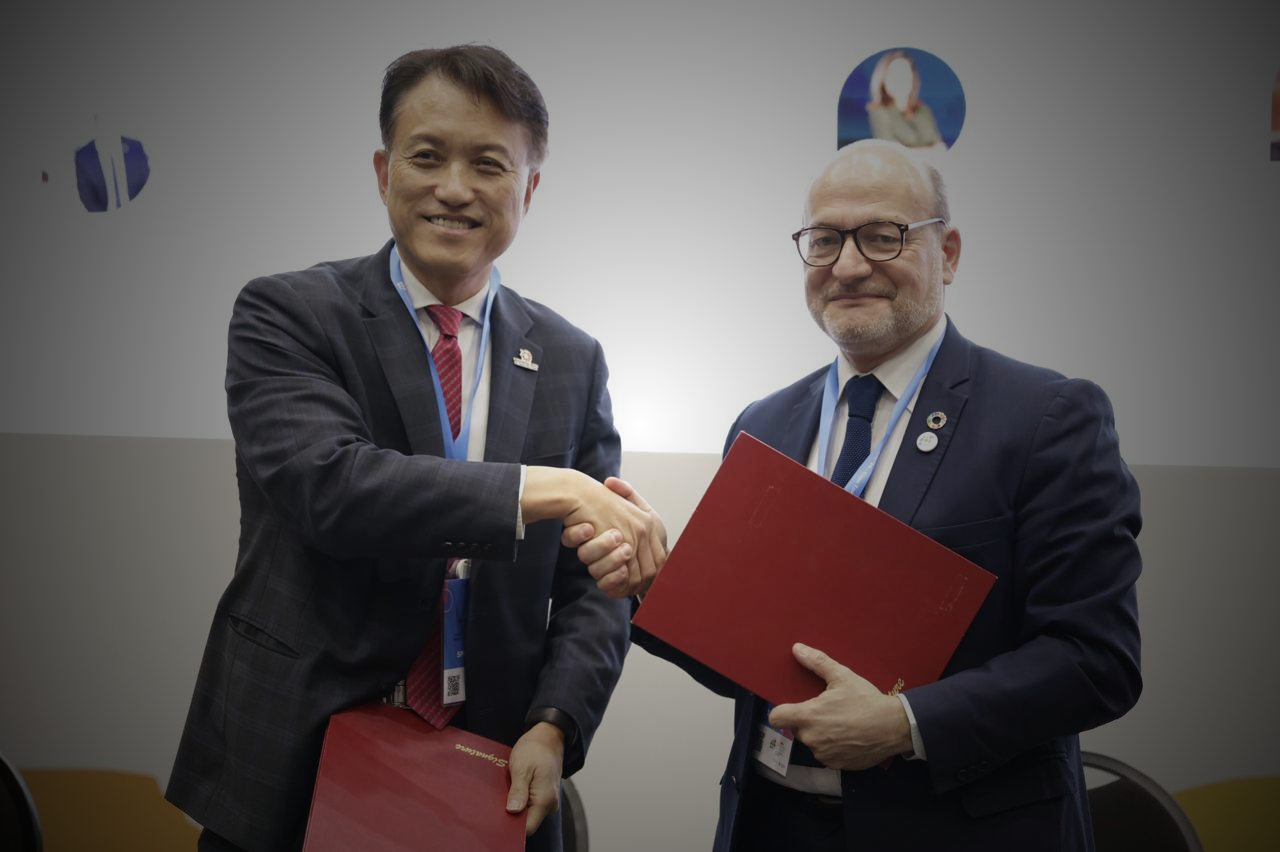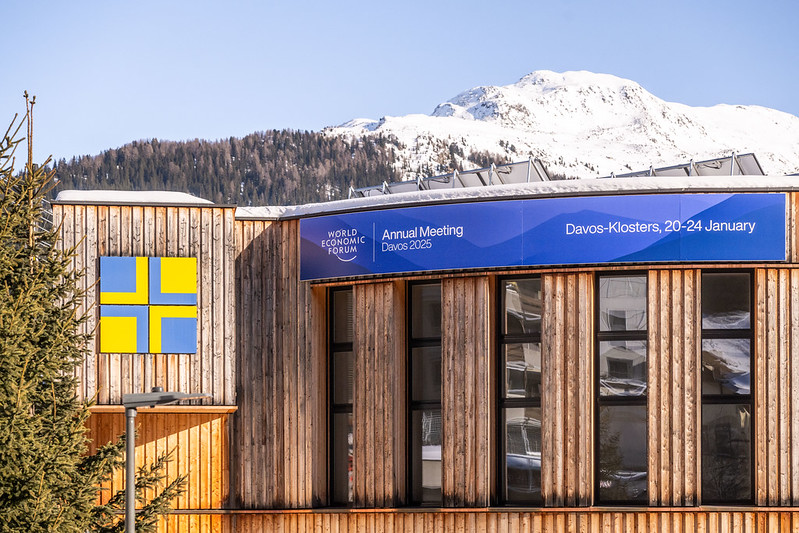Radical collaboration for capacity building driving M300

Financed by Global Energy Alliance and co-designed with the Ministry of Energy, the 2022 Malawi IRP update was a collaborative effort involving the Ministry of Energy, utilities, regulators, academia, development partners, and local subcontractors.
The project developed an integrated master plan covering demand forecasting, generation, transmission, and distribution over a 20-year horizon. Here are the highlights:
- Multiple stakeholders were involved from the onset of procuring lead consultants to development and validation of the masterplan.
- Capacity building was a core focus, with six major training modules and a Training of Trainers program to ensure sustainable local expertise in tools like PLEXOS, DIgSILENT, and GIS.
- The involvement of the academia was key to initiating a discussion around integrating industry practice on IRPs to university curricula on power system planning for long-term sustainability of the knowledge and skills acquired.
- Four working groups facilitated active stakeholder engagement, knowledge transfer, and alignment of the IRP with national development goals.
- Local subcontractors played a key role by providing contextual insights, supporting data collection, and enhancing environmental and social impact matters.
- The updated IRP supports Malawi’s Mission 300 energy targets and economic growth sectors such as agriculture, tourism, mining, and manufacturing.
- Continuous monitoring, periodic updates every five years, and ongoing collaboration between stakeholders are essential for effective implementation.
- Recommendations include maintaining software access, increasing practical training time, refresher courses, and integrating capacity building into future IRP consultancy assignments.



